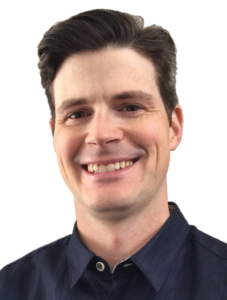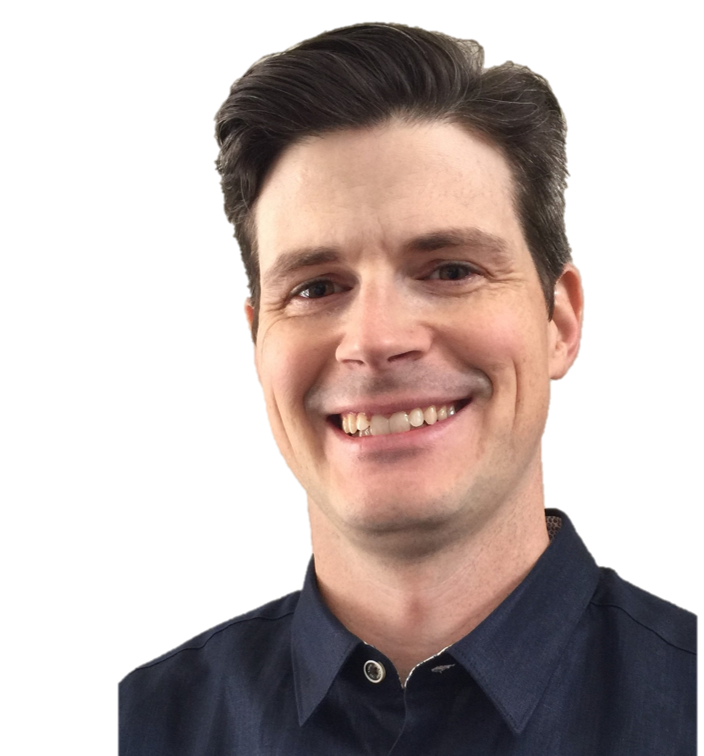 The Bellwether team is very pleased to announce that David Esselman has joined us as an entrepreneur-in-residence to launch a new organization (whose working name has been the “Center for the School System of the Future”). The organization, which will eventually spin out of Bellwether as its own nonprofit, will build upon the most encouraging developments and best thinking around creating ideal urban school systems.
The Bellwether team is very pleased to announce that David Esselman has joined us as an entrepreneur-in-residence to launch a new organization (whose working name has been the “Center for the School System of the Future”). The organization, which will eventually spin out of Bellwether as its own nonprofit, will build upon the most encouraging developments and best thinking around creating ideal urban school systems.
In short: This effort will aim to help city and state leaders generate diverse, high-quality school systems that are designed to succeed, because they are driven by families, responsive to community needs, and constructed to propel their own improvement. These will be systems that give underserved families lots of great schools from which to choose.
This coming organization will spread the word about terrific efforts already underway, build a movement to support those leading the charge, and lend an on-the-ground hand to those engaged in this work.
When we began our national search for a founding executive director, we couldn’t have anticipated the number of extraordinarily talented education leaders who would express interest in the role. It encourages us greatly that some of the most committed, seasoned, forward-leaning professionals in our field want to dedicate their energy and talents to this particular reform strategy. But their interest is also a convincing signal of our strong, collective desire to bring about meaningful, lasting change.
We are so fortunate and excited to have David launch this venture. During our selection process, David impressed us on many fronts. He exuded both a commitment to excellence and a humble, nuanced understanding of the complicated historical, cultural, racial, and class dynamics associated with this work. He brings a sharp intellect and deep knowledge of and experience with complex education systems. Perhaps most importantly, though, David–for a host of personal and professional reasons–is devoted to ensuring all boys and girls have access to great schools.
So you can get to know him a little better, David agreed to tackle a few questions from me, below.
Of all of the areas to which you could apply your talents, why have you chosen the reform of urban school systems?
I believe our education system is America’s greatest equalizer of opportunity and also our most important differentiator from the rest of the world. Although we all agree that the American Dream is tougher to realize today than in previous generations, it is still possible. Children can rise from challenging backgrounds to reach the middle-class, and beyond, as adults. In my opinion, this on-ramp should be fundamentally open to every citizen, as well as every man, woman and child who immigrates to this country. In some Asian countries, the quality and level of education a child will receive is often determined when they are very young. In some European countries, such ceilings are set during high school. In the United States, although we don’t have these kind of explicit ceilings to learning, dangerous low expectations for students in urban areas often prohibit students from reaching their fullest potential. This is among the things I want to fix.
Are there parts of your personal story–maybe from your own schooling–that help explain your passion for this subject?
My personal story is what drew me into this field. When my parents divorced, I moved in with my dad. There was a lot of abuse and neglect so I was rarely home and essentially raised myself from the age of 13. I was pretty lost from then until I was 18. I spent a lot of time in Milwaukee and Chicago mostly just hanging out with friends in similar situations. I thought I had it rough until I saw what my friends – and other kids who I crossed paths with – were facing. I was fortunate to find a way out, but most of them weren’t so lucky. During my senior year, when I was facing dropping out, a student-teacher saw potential in me. She didn’t sugarcoat anything. She called out what she described as the beauty in me. But, she also made me own my mistakes. I began to realize how I let my situation get the best of me. It ended up being the tough love I needed. She helped me find the courage to move to Los Angeles, alone, for a fresh start. I enrolled in a GED program and eventually junior college. Five years later I graduated with honors from UCLA. She gave me the most important guidance of my life. Today, especially as the parent of two children, I feel lucky that I get to pay back the gift I was given.
Many people engaged in this work think that human capital is the key to improving the way schools serve disadvantaged kids in cities. Why should we instead focus on system-level issues do you think?
This is people-driven work. Great teaching and leading matter enormously. So human-capital strategies are incredibly important. But we can’t truly lift up teachers and others as is needed without first fixing the larger system. Millions of families today choose schools outside their neighborhood. This means their “assigned” school isn’t meeting their needs. Teacher and administrator turnover is also very high. Better systems of schools will not only satisfy students and parents, they will also attract and retain more educators. You’ll get very different results. Likewise, human-capital strategies will only pay off to the extent that great educators are put into systems and schools already designed to set them up for success.
New Orleans has progressed the farthest in terms of systemic reform. What do you think they’ve gotten right? What do they need to improve?
Over the last decade, leaders in the RSD, the charter community, and support organizations made smart decisions about rebuilding the system. The fact that they were able to accomplish so much in the wake of a natural disaster was incredible. The data shows the system is working. Graduation rates are up from 56% to 74% and the number of students demonstrating mastery of coursework has risen from less than 1% to nearly 13%. In the next decade, I think the data will be even better as they will figure out many of the remaining challenges including better engaging with and responding to the community and improving service options for special needs students.
You’ve worked in Detroit. What have you learned and what should people know?
People who know me know I obsess about Detroit. I could write books about what I have learned from my experiences in that great city and why I think nearly everybody has the wrong impression of Detroiters. But two issues stand out to me as particularly important.
First, the Detroit education landscape proves that systems matter. The tragic results of Detroit Public Schools (DPS) shows how risky it is to rely on a single monopolized district to own and operate all public education throughout a city. Last week, after decades of mismanagement and enrollment loss, DPS announced it will likely file for bankruptcy this year. This will have a devastating effect on students and teachers, who have already endured enough pain, and will no doubt cost Michigan taxpayers hundreds of millions of dollars. And, we’ve also seen trouble in the charter sector. Charters now serve more than half of the city’s public-school children, but a few important things are missing: consistent accountability, an enrollment system parents can understand, a coherent approach to transportation and facilities, and more. Even if each school had strong teachers and leaders, the larger system would still be putting up obstacles to their success.
Second, we need to recognize that the vast majority of parents in Detroit have chosen to send their children to either public charter schools or district-run schools in higher-performing districts elsewhere. Families are calling out loudly: the traditional factory model of education is not working. I believe we are entering an era when city leaders get that the one-size-fits-all district model can’t work like we need it to. Instead, we will see cities create new systems that work far better for kids, parents, educators, and community members.
What’s one high-level thing you want people to know now about the forthcoming center?
We’re going to balance research with action . We will be on the ground to help city and state leaders create their vision for a new city based governance model. We also plan to have the resources to help them implement the strategy. On the research side, there are still many tough questions that need to be answered–about democratic control, facilities, enrollment, hiring and professional development, special education, accountability, and more. We’re going to be an organization that has the courage to act and the humility to pursue difficult questions with an open mind.
You live in LA. What do you think about the return of the NFL to your town?
As a Packers fan, I’m thrilled. I hope the Chargers or Raiders join the Rams to double my chances of seeing my team locally. Frankly, I think that is how most NFL fans here are seeing it. Old school Rams and Raiders fans felt abandoned by their team in ’94 and many switched allegiances to other teams or stopped following football. It will be interesting to see if the teams that come here will be able to develop a fanbase.
For more information about the new organization, email David by clicking here.
January 19, 2016
David Esselman Joins Bellwether as Entrepreneur-in-Residence
By Bellwether

Share this article
More from this topic
Meeting the Moment: How 4 Philanthropic Foundations Are Stepping Up Right Now
Teaching Interrupted: How Federal Cuts Threaten a Promising Teacher Residency Program
Does Increasing Graduation Requirements Improve Student Outcomes?
No results found.